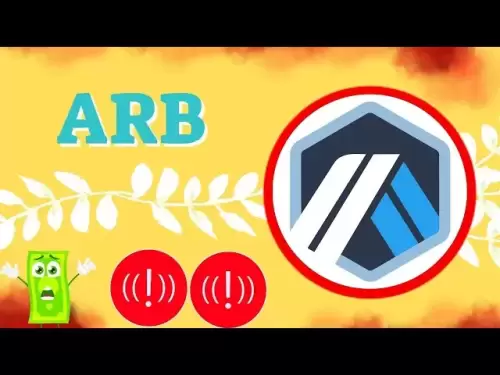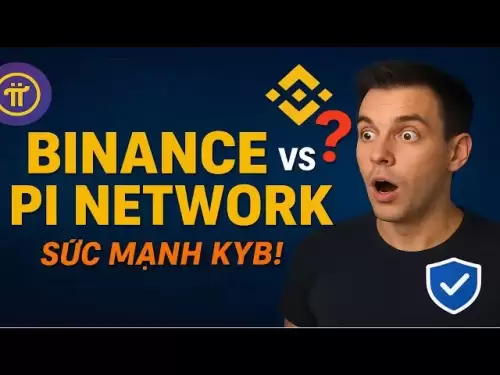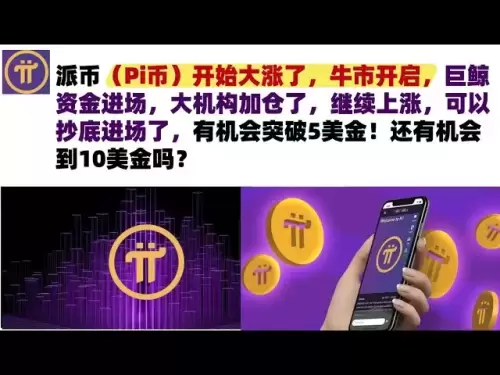-
 Bitcoin
Bitcoin $116900
0.00% -
 Ethereum
Ethereum $4280
5.48% -
 XRP
XRP $3.265
-1.45% -
 Tether USDt
Tether USDt $1.000
-0.01% -
 BNB
BNB $807.0
1.41% -
 Solana
Solana $183.1
2.93% -
 USDC
USDC $0.9999
0.00% -
 Dogecoin
Dogecoin $0.2440
6.50% -
 TRON
TRON $0.3357
-0.88% -
 Cardano
Cardano $0.8178
2.63% -
 Hyperliquid
Hyperliquid $44.13
7.45% -
 Chainlink
Chainlink $21.39
9.09% -
 Stellar
Stellar $0.4524
-0.84% -
 Sui
Sui $3.957
2.13% -
 Bitcoin Cash
Bitcoin Cash $572.7
-2.54% -
 Hedera
Hedera $0.2671
1.54% -
 Avalanche
Avalanche $24.77
4.17% -
 Ethena USDe
Ethena USDe $1.001
0.02% -
 Litecoin
Litecoin $122.3
-1.94% -
 Toncoin
Toncoin $3.432
2.26% -
 UNUS SED LEO
UNUS SED LEO $9.007
0.49% -
 Shiba Inu
Shiba Inu $0.00001396
5.26% -
 Uniswap
Uniswap $11.09
1.64% -
 Polkadot
Polkadot $4.155
4.57% -
 Dai
Dai $1.000
0.00% -
 Pepe
Pepe $0.00001253
5.11% -
 Cronos
Cronos $0.1588
2.67% -
 Bitget Token
Bitget Token $4.512
0.05% -
 Monero
Monero $275.0
0.64% -
 Ethena
Ethena $0.7527
15.10%
How do AVAX coin holders participate in network governance?
AVAX holders govern Avalanche by staking their tokens, gaining voting rights proportional to their stake. They vote on proposals impacting protocol upgrades, parameters, and grants, participating directly or by delegating to validators. Understanding risks and the process is key.
Mar 21, 2025 at 01:07 pm
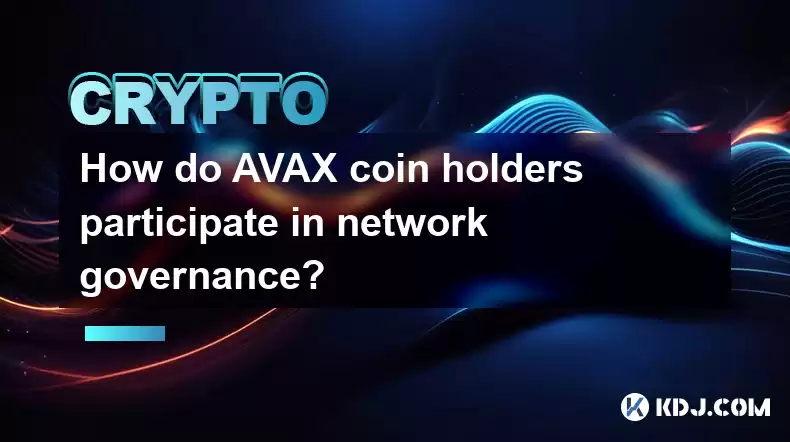
Key Points:
- Avalanche's governance system allows AVAX holders to directly participate in shaping the future of the platform.
- Participation involves voting on proposals related to protocol upgrades, parameter changes, and grant allocation.
- Voting power is directly proportional to the number of AVAX staked.
- Multiple avenues exist for participation, including delegating your AVAX to validators.
- Understanding the process and risks involved is crucial for effective participation.
How do AVAX Coin Holders Participate in Network Governance?
Avalanche, a leading layer-1 blockchain, employs a robust on-chain governance model allowing AVAX holders to directly influence the network's development and direction. This participatory approach ensures a decentralized and community-driven ecosystem. The primary mechanism for participation is through staking and voting on proposals.
Staking your AVAX is the cornerstone of participation. By staking, you're not only securing the network and earning rewards, but also gaining voting rights. The more AVAX you stake, the more influence your vote carries in governance decisions. This direct proportionality ensures that the community's collective wisdom is reflected in the network's evolution.
To participate in governance, you first need to stake your AVAX. This can be done through various methods, including running your own validator node or delegating your AVAX to an existing validator. Running a validator node requires significant technical expertise and resources, while delegation is a more accessible option for the average user.
Delegation is a straightforward process. You simply choose a validator you trust and delegate your AVAX to them. This validator will then participate in consensus and voting on your behalf, and you'll receive a share of the rewards. Choosing a reliable validator is crucial, as their performance directly impacts your rewards and the network's overall security.
Once your AVAX is staked, you can participate in governance by voting on proposals. These proposals cover a wide range of topics, including protocol upgrades, parameter adjustments, grant allocation for development projects, and other crucial decisions affecting the Avalanche ecosystem. The platform makes proposals readily available, along with details on their implications.
The voting process is typically designed to ensure fairness and prevent manipulation. This often involves a multi-stage process with a quorum requirement and a weighted voting system based on the amount of staked AVAX. Understanding the specifics of the voting mechanisms and timelines is essential for effective participation.
Staying informed is vital for effective participation in Avalanche governance. The Avalanche Foundation and community regularly publish updates, announcements, and explanations of proposals. Active participation in community forums and discussions allows you to learn about upcoming proposals, understand different viewpoints, and contribute your own insights.
Understanding the risks involved is crucial before participating in governance. While participation offers a powerful voice in shaping the platform, there's a risk of making decisions that might negatively impact the network or your own holdings. Careful consideration of proposals and their potential consequences is therefore essential.
How to Stake AVAX:
- Run a Validator Node: This requires significant technical knowledge and resources, including sufficient AVAX to meet the minimum staking requirements and maintain a reliable server infrastructure.
- Delegate to a Validator: This is a simpler approach, requiring less technical expertise. You choose a trusted validator and delegate your AVAX to them. They stake your AVAX and participate in consensus and voting on your behalf. You earn rewards proportionate to your stake.
Frequently Asked Questions:
Q: What are the minimum AVAX requirements for staking? A: The minimum AVAX required for staking varies depending on whether you are running a validator node or delegating to one. Running a node typically requires a significantly larger stake than delegating. Check the official Avalanche documentation for the most up-to-date requirements.
Q: How are rewards distributed to delegators? A: Rewards are distributed proportionally based on the amount of AVAX delegated to a validator. Validators typically take a commission from the rewards, with the remaining portion distributed to delegators.
Q: What happens if my chosen validator is penalized? A: If your chosen validator is penalized for misbehavior, you may experience a reduction in your rewards or even a loss of some of your staked AVAX. Choosing a reputable and well-performing validator significantly mitigates this risk.
Q: How often are governance proposals put to a vote? A: The frequency of governance proposals varies. Some proposals may be put to a vote regularly, while others may arise as needed to address specific issues or opportunities. The Avalanche community keeps stakeholders informed of upcoming votes.
Q: Where can I find more information about Avalanche governance? A: The official Avalanche website and its community forums are the best resources for detailed information on governance procedures, upcoming proposals, and other relevant information. Community members are often active and helpful in answering questions.
Disclaimer:info@kdj.com
The information provided is not trading advice. kdj.com does not assume any responsibility for any investments made based on the information provided in this article. Cryptocurrencies are highly volatile and it is highly recommended that you invest with caution after thorough research!
If you believe that the content used on this website infringes your copyright, please contact us immediately (info@kdj.com) and we will delete it promptly.
- Trump, Nasdaq, and Token Treasury: WLFI's $1.5B Gambit
- 2025-08-10 06:50:12
- Trump, Nasdaq, and Token Treasury: WLFI's $1.5B Play
- 2025-08-10 06:30:11
- Bitcoin's Blazing 2025: YTD Performance and Total Return Breakdown
- 2025-08-10 07:10:12
- Coinbase, DEX Trading, and Base Network: A New Era for Crypto?
- 2025-08-10 06:30:11
- Dogecoin's Bullish Breakout: Riding the Fibonacci Waves to $1?
- 2025-08-10 07:10:12
- Block Inc., Bitcoin, and Mining Chips: Reshaping Digital Finance, New York Style
- 2025-08-10 06:50:12
Related knowledge

How to purchase Aragon (ANT)?
Aug 09,2025 at 11:56pm
Understanding Aragon (ANT) and Its PurposeAragon (ANT) is a decentralized governance token that powers the Aragon Network, a platform built on the Eth...

Where can I buy UMA (UMA)?
Aug 07,2025 at 06:42pm
Understanding UMA and Its Role in Decentralized FinanceUMA (Universal Market Access) is an Ethereum-based decentralized finance (DeFi) protocol design...

How to buy Storj (STORJ) tokens?
Aug 09,2025 at 07:28am
Understanding Storj (STORJ) and Its Role in Decentralized StorageStorj is a decentralized cloud storage platform that leverages blockchain technology ...

What is the best app to buy Nano (NANO)?
Aug 09,2025 at 03:35am
Understanding Nano (NANO) and Its Unique FeaturesNano is a feeless, instant cryptocurrency designed for fast peer-to-peer transactions. Unlike many ot...

Where can I purchase Siacoin (SC)?
Aug 08,2025 at 11:14am
Understanding Siacoin (SC) and Its Role in the Sia NetworkSiacoin (SC) is the native cryptocurrency of the Sia decentralized cloud storage platform, a...
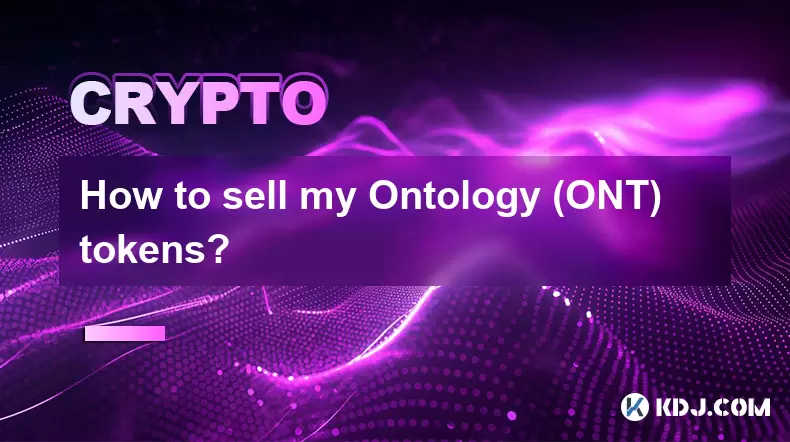
How to sell my Ontology (ONT) tokens?
Aug 09,2025 at 06:08pm
Understanding Ontology (ONT) and Its Trading EcosystemBefore selling your Ontology (ONT) tokens, it's essential to understand the nature of the crypto...

How to purchase Aragon (ANT)?
Aug 09,2025 at 11:56pm
Understanding Aragon (ANT) and Its PurposeAragon (ANT) is a decentralized governance token that powers the Aragon Network, a platform built on the Eth...

Where can I buy UMA (UMA)?
Aug 07,2025 at 06:42pm
Understanding UMA and Its Role in Decentralized FinanceUMA (Universal Market Access) is an Ethereum-based decentralized finance (DeFi) protocol design...

How to buy Storj (STORJ) tokens?
Aug 09,2025 at 07:28am
Understanding Storj (STORJ) and Its Role in Decentralized StorageStorj is a decentralized cloud storage platform that leverages blockchain technology ...

What is the best app to buy Nano (NANO)?
Aug 09,2025 at 03:35am
Understanding Nano (NANO) and Its Unique FeaturesNano is a feeless, instant cryptocurrency designed for fast peer-to-peer transactions. Unlike many ot...

Where can I purchase Siacoin (SC)?
Aug 08,2025 at 11:14am
Understanding Siacoin (SC) and Its Role in the Sia NetworkSiacoin (SC) is the native cryptocurrency of the Sia decentralized cloud storage platform, a...

How to sell my Ontology (ONT) tokens?
Aug 09,2025 at 06:08pm
Understanding Ontology (ONT) and Its Trading EcosystemBefore selling your Ontology (ONT) tokens, it's essential to understand the nature of the crypto...
See all articles





















